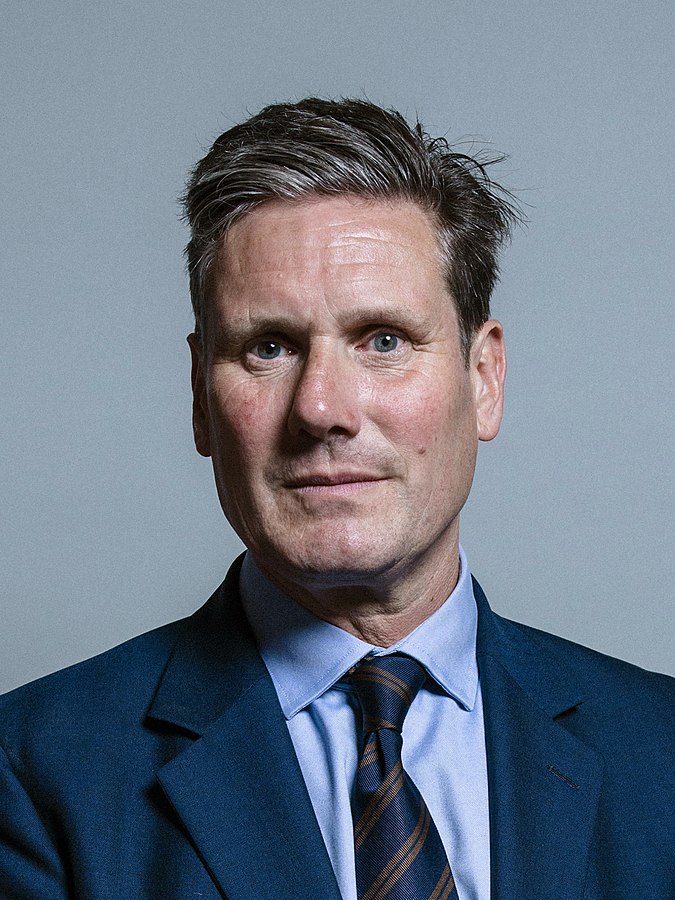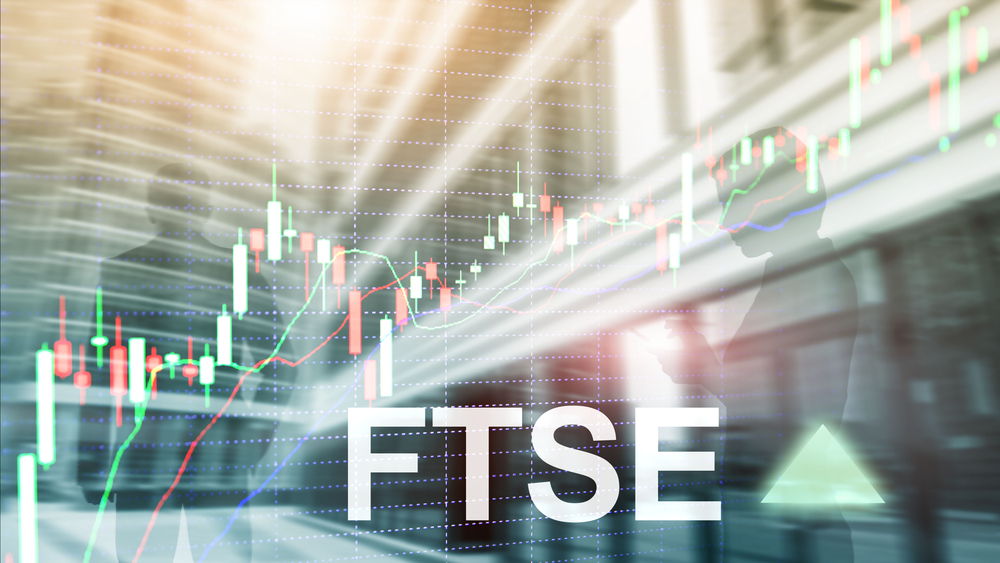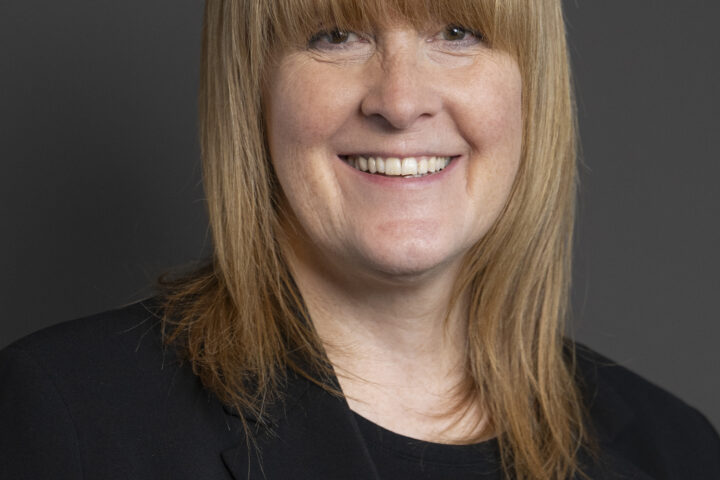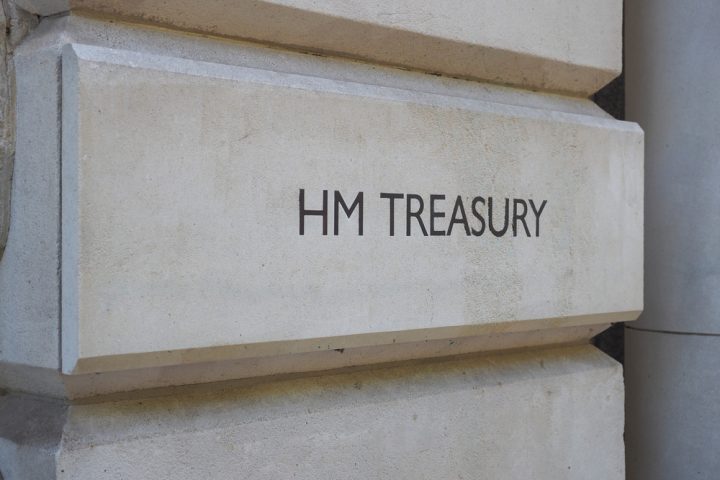A new Ipsos poll has found that 52% of Britons believe the UK is heading in the wrong direction, reflecting growing dissatisfaction just weeks after the general election. The survey, conducted between August 9 and 12, also showed a decline in optimism, with only 22% of respondents saying they think the country is moving in the right direction, a drop of three percentage points from the previous month.
The poll comes after a turbulent first month for Prime Minister Sir Keir Starmer, who has faced violent riots and ongoing public sector strikes affecting critical services like trains and hospitals. The net direction rating for the country has fallen to -30, down from -24 the previous month, indicating increasing public concern.
Gideon Skinner, Senior Director of UK Politics at Ipsos, highlighted the significance of this sentiment for the government’s future, noting that while the Labour government is still experiencing a “moderate honeymoon period,” the prevailing pessimism about the state of the country could pose challenges.
Despite the unrest, the Labour Party’s overall ratings remain relatively stable, though they have seen a slight dip. Prime Minister Starmer’s personal approval rating has dropped to zero, down from +7 in the immediate aftermath of his election victory. Comparatively, Rishi Sunak had a -10 rating in his second month as Prime Minister in 2022, while Boris Johnson scored -8 at the same point in his premiership.
The riots, which have prompted strong responses from the government, have been a focal point of criticism. Starmer, drawing on his experience as the chief prosecutor during the 2011 UK riots, has emphasized “strong policing and swift prosecutions” as key strategies to address the violence. However, the government has been cautious in addressing the underlying causes of the unrest, avoiding discussions that could be perceived as justifying the violence.
Meanwhile, Chancellor Rachel Reeves has downplayed concerns about the impact of the riots on the UK’s international reputation, focusing instead on economic stability and investment. The government is expected to allocate funds to help the affected towns and cities recover, though an expensive public inquiry into the riots is unlikely given the current economic challenges.
Within the Labour Party, there is pressure to address deeper issues such as poverty, regional inequality, and the role of social media in fueling unrest. Some party members are calling for a more robust response to racism, while others emphasize the need to tackle economic disparities. These internal debates are likely to shape the government’s policy approach in the coming months.
Prime Minister Starmer has postponed his summer holiday to focus on addressing these challenges, aware that his administration will be judged not just on its immediate response to the riots, but also on its ability to address their root causes.







